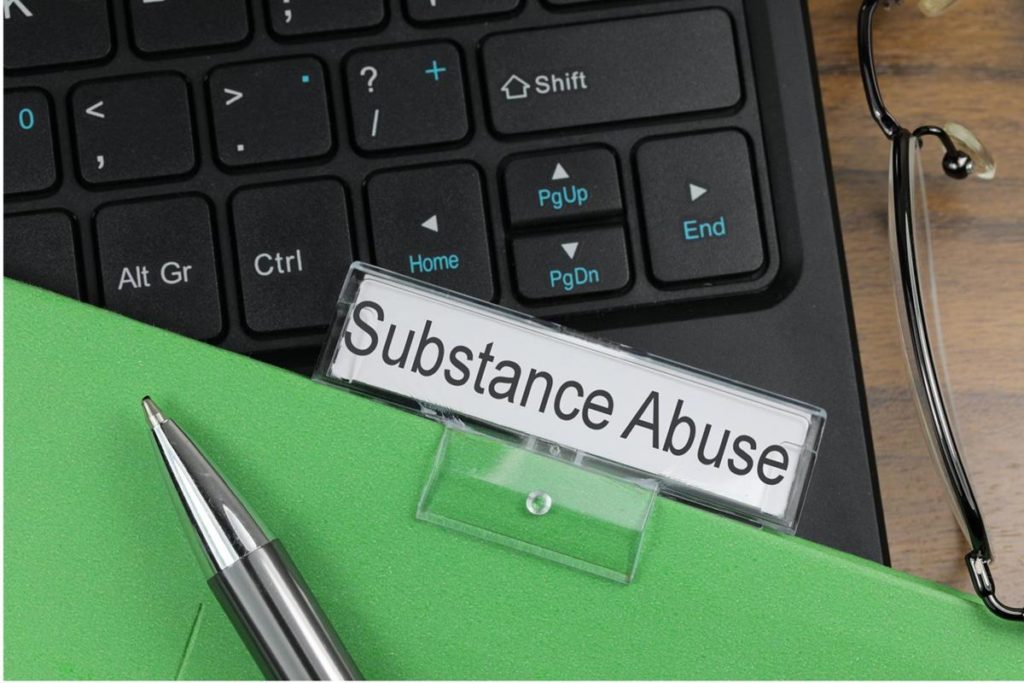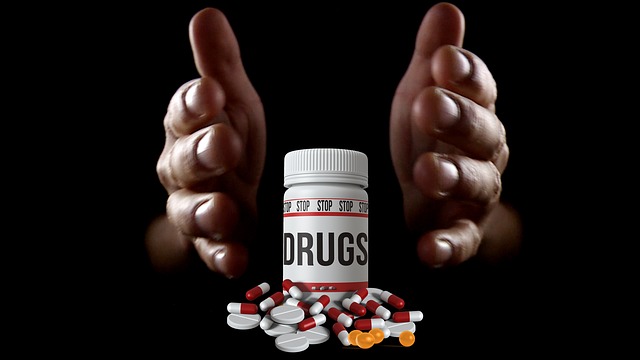
If you’ve decided to break your substance dependence cycle, take a moment to pat yourself on the back. Reaching this decision means that you acknowledge that you have a problem, which is the first step toward overcoming addiction. However, the road to recovery is a long and bumpy one. Long-term sobriety requires commitment, patience, resilience, and maintenance, but it’s doable with the right tools, strategies, and support. On that note, here are some solid tips that will help you recover from drug abuse, avoid relapse, and live a healthy, productive life.
Join and Complete a Rehab Program
Many recovering addicts need to follow a detox plan supervised by a rehabilitation doctor to navigate the painful withdrawal symptoms. A rehab facility provides a safe, controlled, drug-free environment for you to detox. Once your body rids itself of all traces of drugs, the physical symptoms and side effects will subside, but the physiological struggles, temptation, and cravings can last for years – or even a lifetime. Certified addiction therapists can help you understand the underlying issues that drove you toward drug use. Only then can you learn to identify your personal triggers and manage them properly when you transition back into your daily life, which brings us to the next point.
Avoid Risky Situations
The external stimulants that elicit thoughts or cravings for drugs could include specific people, places, situations, or even objects. As for the internal triggers, these manifest in feelings, thoughts, or flashbacks associated with substance abuse. Once you identify your triggers, you can create a plan to prepare for them or avoid them entirely if possible. High-risk situations are those where you experience emotional distress, relationship troubles, financial problems, work-related issues, anxiety, and stress. Whether it’s cutting off people who are still using drugs or taking a different route home to avoid passing by your favorite old hangout spot, you must try your best to stay out of risky situations.
Build a Support Network
One of the primary causes of relapse is the lack of support. It’s almost impossible to recover from substance abuse alone. As you can see if you click here, ongoing support is one of the most integral factors for maintaining sobriety. To rebuild your connections with your close friends and family members, you’ll need to recognize and make amends for the damage caused by your behavior. Keep in mind that your loved ones will be going through their own recovery process to deal with the aftermath of your past habits, so it might take months or even years to regain their trust and respect. Nonetheless, even if your relationship isn’t what it used to be, nothing can replace the healing effects of spending quality time with those who care about you the most.
Learn to Relax
As mentioned above, stress is a major trigger that drives recovering addicts back to their old habits. That’s why it’s crucial to find healthy ways to mitigate your stress and calm your mind. Different people have different coping mechanisms, but some of the most effective methods you might want to try include yoga, meditation, breathing exercises, massage, soothing bath, and relaxing music. Certain hobbies like reading, painting, fishing, hiking, and pretty much any outdoor activity where you will be surrounded by nature can also help relax your mind, rejuvenate your body, and revive your soul.
Adopt a Healthy Lifestyle
A healthy body equals a healthy mind, which is vital for long-term recovery. Regular exercise will not only help reverse the effects of addiction on your body, but it will also boost your mood by releasing endorphins, the feel-good chemicals that relax the brain and body. It also helps you build your self-esteem, cultivate a positive mindset, and mitigate stress, all of which will ensure you have the fortitude to fight your cravings and remain sober. Aside from making time for exercise, you should also dedicate time to your favorite hobbies and recreational activities, get enough quality sleep, and eat a well-balanced diet. These are the cornerstones of self-care that will help you mitigate the psychological and physical effects of addiction and improve your chances of long-term sobriety.

For most people, the road to sobriety is not straightforward. But, as you learn to identify your triggers, cope with your stress, and build healthy relationships, it will be easier for you to resist temptation and avoid relapse. The most important thing here is to surround yourself with people you can rely on during your dark days. Consider joining a peer support group like AA or NA to connect with others who are going through the same thing as you. Remember to take the time to celebrate your achievements, no matter how small they may seem. Acknowledging the hard work you put into staying sober will help you stay motivated and remind you why you took this brave step in the first place.










